What Is Generative Engine Optimization (GEO)?
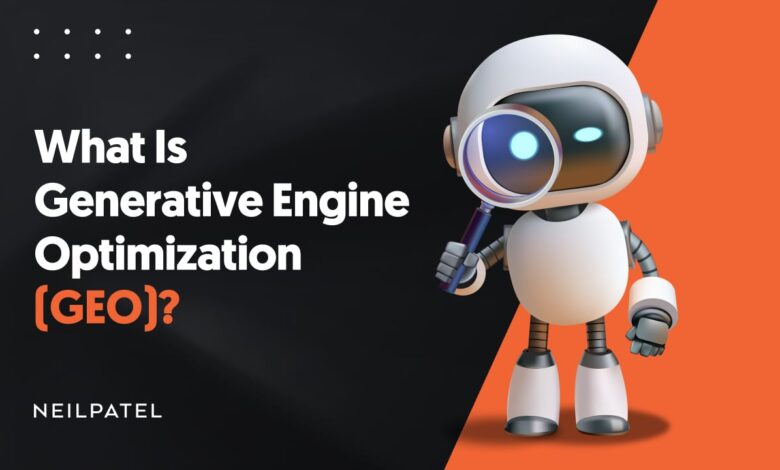
If you’ve noticed your organic traffic shrinking even though you’re ranking well, you’re not imagining it. AI-driven engines like ChatGPT, Perplexity, and Google’s AI Overviews are answering questions before people click any links.
Generative engine optimization is how you fix this. It’s the practice of shaping your content so these AI systems pull it into their responses. Instead of someone getting a generic AI answer, your brand becomes part of that answer.
I’ve watched too many marketers ignore this shift because their SEO dashboards still look decent. The real problem? Clicks are happening inside the answer box now. If you want to stay visible where decisions actually start, you need GEO working alongside your traditional SEO.
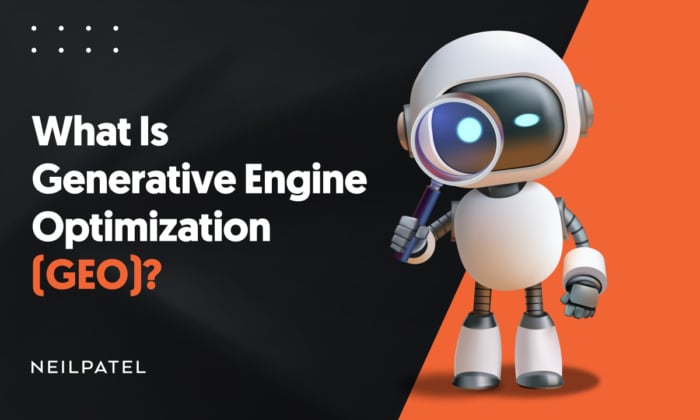
Key Takeaways
- Generative engine optimization puts your brand in AI answers, making your content easier for AI platforms to find, understand, and cite.
- Search is no longer just about website links. People are getting answers from AI summaries without ever clicking to a website.
- Traditional SEO still matters, but it’s not enough. GEO works alongside SEO to keep you visible in both search results and AI-generated responses.
- Early adopters win the visibility battle. The sooner you adapt, the better your chances of being a source AI engines trust.
- GEO is a new skillset for marketers. GEO requires smart keyword usage, creating strong E-E-A-T signals, and producing content formats AI can process.
Generative Engine Optimization Definition
Generative Engine Optimization (GEO) is how you shape your content so AI-driven platforms can easily pull it into their answers. These platforms don’t work like Google’s ranking algorithm. They combine semantic search with large language models to generate responses, pulling from sources they trust. Instead of giving you a list of website links, they often just give you the answer.

That changes everything. You’re not just trying to rank high anymore. You need to be a source the AI engine chooses to include. GEO builds on SEO basics like clean site structure, strong topical authority, and keyword alignment, but adds a layer focused on how AI systems interpret and present your expertise.
Why Generative Engine Optimization Is Important
AI-driven results are now part of search. Google’s AI Overviews, Bing’s Copilot, and platforms like Perplexity deliver full answers right in the results. Users often don’t click anything.
Nearly 60% of U.S. and EU searches end without an external click, according to SparkToro’s 2024 zero-click study. For marketers, that means less traffic from rankings alone.
GEO gives you another path. Structure your content so AI platforms can cite it, and you still get visibility even if users never leave the results page. In a zero-click world, being part of the answer matters as much as being part of the rankings.
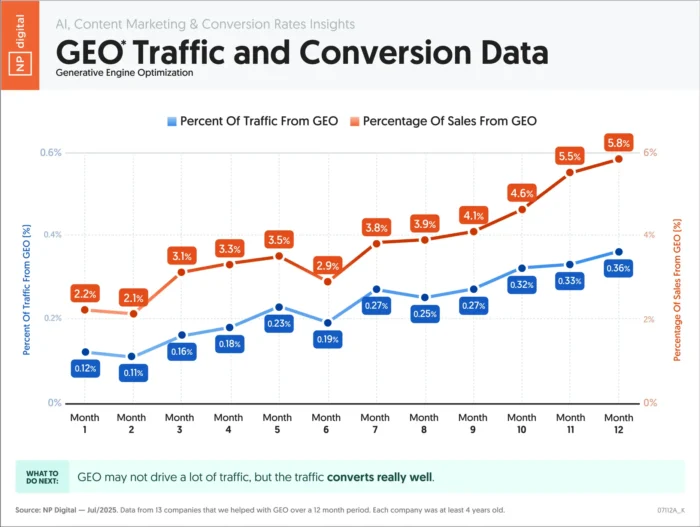
How To Implement Generative Engine Optimization
GEO isn’t a single tactic. You’re better served treating it as a set of evolving practices that make your content easier for AI engines to find, interpret, and use in their answers. Like SEO, it combines strategic content creation, technical optimization, and authority building.
The next sections break down the core areas to focus on, starting with brand authority and moving through technical and content-based strategies.
Build Brand Authority
AI engines pull answers from sources they trust. If they don’t know you or can’t verify your expertise, you’re less likely to get cited.
Start by making your author profiles work harder. Put a name and face to your content, and back it up with credentials or proof you’ve done the work. Use examples from your own experience, share data you’ve collected, and show insights that are hard to fake.
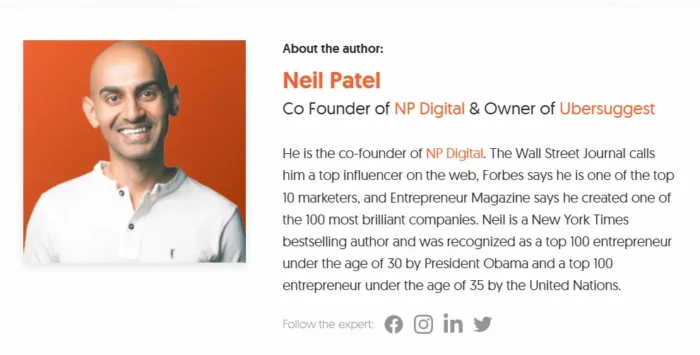
Don’t stay in your own bubble. Get your name and brand into respected publications in your industry. Offer quotes, share original stats, or write guest content for sites your audience already trusts. Our VP of SEO, Nikki Lam, for example, is a regular contributor to Search Engine Land.
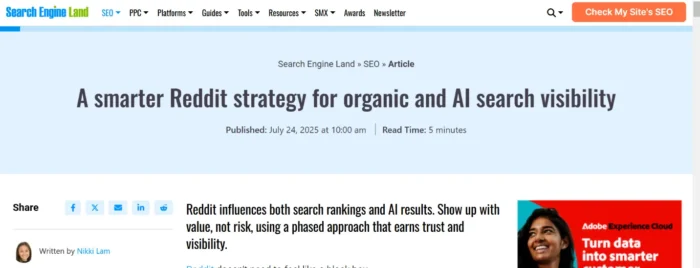
The more these connections appear online, the stronger your authority signal becomes, and the better your odds of showing up in AI-driven answers.
E-E-A-T Signals
Experience, Expertise, Authoritativeness, and Trustworthiness (E-E-A-T) are part of Google’s Search Quality Rater Guidelines, and AI engines pick up on many of the same signals. The stronger these are, the more likely your content will be seen as credible.
Show experience by sharing real examples, case studies, and first-hand insights. Make your expertise visible with clear author attribution, relevant credentials, and links to other respected work you have done. Build authority through backlinks from reputable sites in your field. Strengthen trust by being transparent with tactics like using HTTPS, list contact information, and publish accurate, well-sourced data.
Treat E-E-A-T as a checklist for every piece of content you publish. While not a direct ranking factor, it consistently improves your chances of performing well and increases your chances of showing up in tomorrow’s AI-generated results.
Reinforcing Your Site’s Technical SEO
If search engines cannot crawl, index, and understand your site, AI engines will not either. Technical SEO is the backbone that supports both.
Keep your site fast. Optimize images, reduce unused code, and use a content delivery network (CDN) if you have a global audience. Make sure your site works well on mobile and passes Core Web Vitals benchmarks. Use a logical URL structure and internal linking, so important pages are easy to find.
Regularly run site audits to catch broken links, duplicate content, or indexing issues before they hurt your visibility. Tools like Google Search Console, Screaming Frog, and Ubersuggest can make this part easier. The cleaner your technical setup, the better your chances of being surfaced in both search results and AI-generated answers.
Write Like People Talk
AI search engines handle queries differently from traditional search engines. People type full questions, not just keywords, into AI searches. To match that, your content needs to read like a direct answer.
Use long-tail, conversational phrases that mirror how someone would ask the question out loud. Include common “who,” “what,” “where,” “when,” and “how” formats in your headings and subheadings. Break down complex answers into short, scannable sections so AI can easily extract them.
Skip the keyword stuffing. Focus on clarity and context instead. Your content should sound like something a real person would say. That makes it more likely to align with how AI models interpret and deliver answers.
Moving Beyond Text
AI engines do not just pull from written articles. They can reference videos, podcasts, and visual content when it adds value to the answer. That means your expertise should show up in multiple formats. Certain types of videos are more likely to get citations, as you can see from the example below.
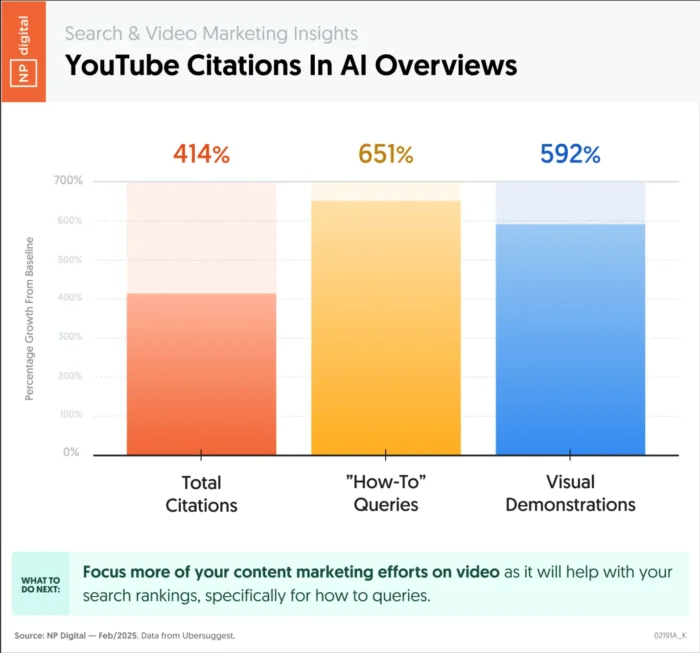
Add original images, charts, and infographics to explain complex points visually. Short videos or audio clips that summarize key takeaways from your content are valuable as well, but there’s some added nuance here. Right now, AI isn’t listening to podcasts or watching videos. It extracts info through optimizations like meta data, alt text, structured data, and captions. When all that’s done, host them on platforms like YouTube or as embedded media on your site so they are easy for AI search engines to find, like the example below..

Diversifying your formats helps you reach audiences who prefer to watch or listen, and it gives AI more ways to surface your content. If you are only publishing text, you are leaving potential visibility on the table.
Use Digital PR to Build Expertise
Digital PR is one of the fastest ways to build the kind of authority AI engines look for. When trusted publications, influencers, or industry sites talk about your brand, those mentions strengthen your credibility.
Pitch guest articles or expert quotes to sites your audience already reads. Share original research or unique data that journalists can cite. Monitor platforms like HARO or Qwoted for opportunities to contribute insights on relevant topics.
The goal is consistent, high-quality mentions across the web. Over time, this builds a visible footprint of credibility that tells AI models your expertise is recognized beyond your own website, making you a stronger candidate for citation in generated answers.
Vary Content Distribution
AI tools do not only pull from traditional websites. They scan public content on forums, Q&A platforms, and social channels. If your brand shows up in those spaces, you give the engines more opportunities to connect your name to your expertise.
Join relevant discussions on platforms like Reddit, Quora, and niche industry forums. Share insights, answer questions, and link to deeper resources when it adds value. Repurpose your blog posts into short LinkedIn updates or Twitter threads so your ideas travel beyond your own site.
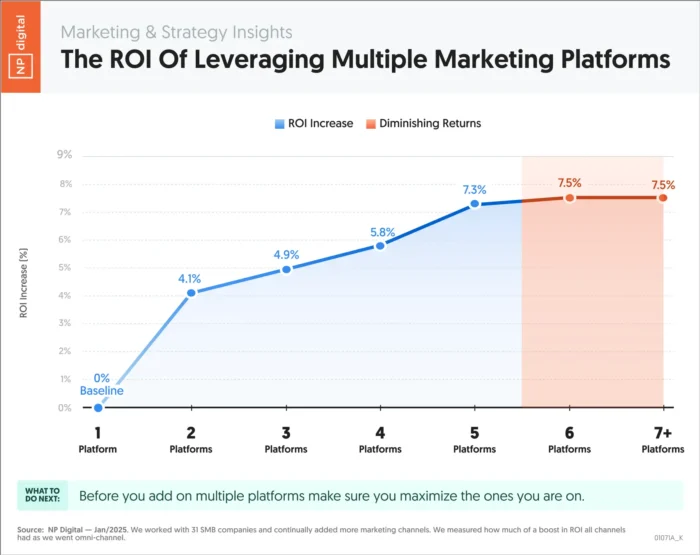
The more your expertise appears across different platforms, the more signals AI engines have to work with, and the more likely they are to surface your content in their answers.
GEO and Search Everywhere Optimization
Search is no longer confined to Google. People look for answers on social media, YouTube, forums via AI searches and more. Search Everywhere Optimization is about showing up in all of those places.
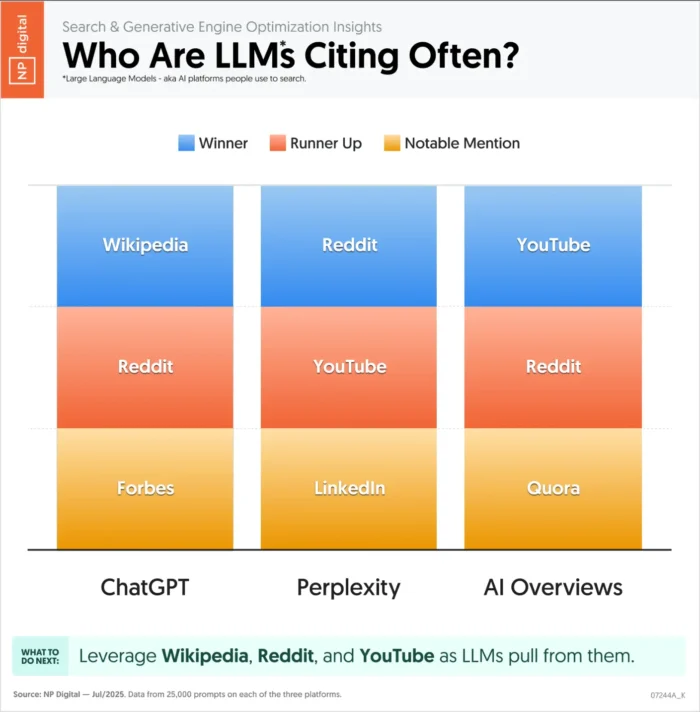
Map out the platforms your audience uses most, then adapt your content for each one. That could mean shorter video explainers for social, structured Q&A formats for forums, and well-formatted long-form articles for web search. The more channels you optimize for, the more resilient your visibility becomes. GEO extends this strategy by making your content easy for AI systems to cite.
The Future of GEO
Search is changing fast, and GEO is going to change with it. Here are three shifts you cannot ignore if you want to stay in front of your audience.
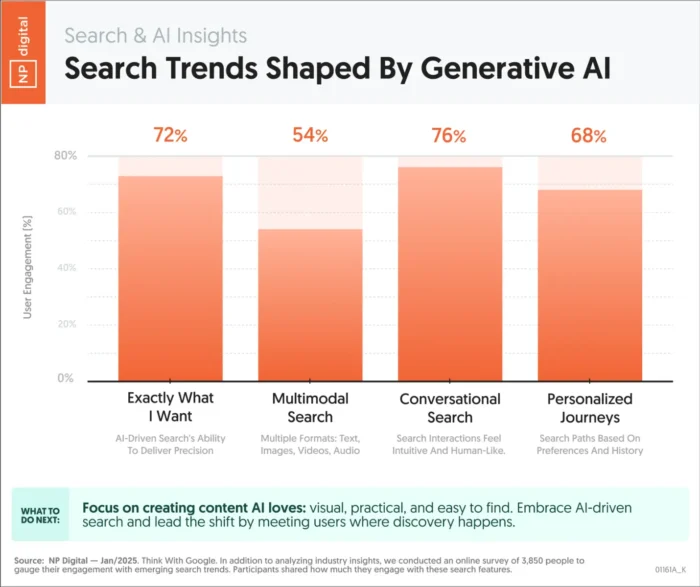
AI Mode in Google
Google is testing AI Mode that gives people a complete AI-written answer before they ever see a list of website links. If this approach becomes permanent, those AI boxes will be the first thing people read — and if your brand is not in them, your visibility will shrink dramatically. To compete, you need content that is structured, well-sourced, and easy for Google’s systems to pull into those summaries.
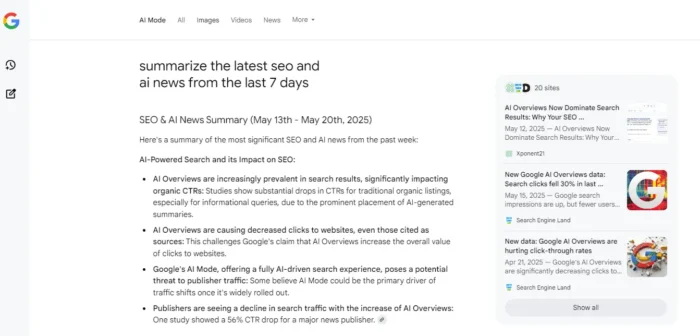
Predictive and Multimodal Search
Search is evolving to work ahead of the query. Predictive tools deliver answers based on a user’s behavior, location, and history. Multimodal search lets people combine text, images, and video into one request. To show up here, your content has to work in every format: clear copy, keyword-rich image descriptions, transcripts for videos, and structured data that connects it all together.
Voice and Visual Search
More people are asking questions out loud to their phones or smart speakers. Others are pointing their camera at an object and letting a tool like Google Lens do the searching. To win here, you need natural, conversational answers for voice search and highly detailed, optimized, context-rich visuals for image search.
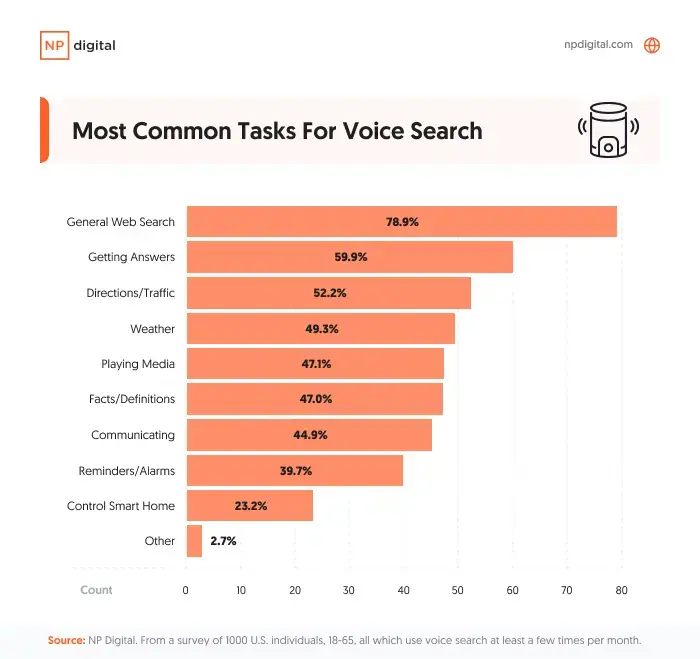
GEO is not standing still, and neither should you. Keep an eye on where people are searching, watch how AI answers are built, and adapt. The brands that move with the trend will keep showing up, no matter how search results evolve.
FAQs
What is generative engine optimization?
Generative engine optimization (GEO) is the process of creating and structuring content so AI-driven platforms, such as ChatGPT, Perplexity, and Google’s AI Overviews, can easily find, interpret, and cite it in their answers.
How is GEO different from SEO?
SEO focuses on improving rankings and visibility in traditional search results extends beyond that by targeting AI engines, ensuring your content appears in AI-generated answers.
Do I need to change my existing SEO strategy for GEO?
Not entirely. GEO builds on a strong SEO foundation. If your technical SEO, site structure, and content quality are already solid, the next step is formatting and distributing content in ways that AI systems can process and trust.
What types of content work best for GEO?
Clear, well-structured, and factually accurate content that answers specific questions tends to work best. Adding supporting data, original research, and multimedia formats can increase your chances of being cited.
How can I track GEO performance?
Tools in this area are still emerging. Some companies, like Profound, have technology specifically to help brands measure performance in LLMs and AI search. Additionally, there are traditional SEO tools that are expanding their capabilities. For example, Semrush now reports on AI Overview rankings in addition to standard SERP results.
Conclusion
GEO isn’t a “later” project. It’s already reshaping how people find information, and every month more searches are ending inside AI-generated answers. If your brand isn’t showing up there, you’re losing visibility you might not get back.
The shift is in how you present and distribute that expertise so AI engines can understand and trust it. That means stronger E-E-A-T signals, content in multiple formats, and a presence in the places your audience is asking questions.
You don’t have to overhaul everything at once. Start with your highest-value content, make it more AI-friendly, and track where it appears.

See How My Agency Can Drive More Traffic to Your Website
- SEO – unlock more SEO traffic. See real results.
- Content Marketing – our team creates epic content that will get shared, get links, and attract traffic.
- Paid Media – effective paid strategies with clear ROI.
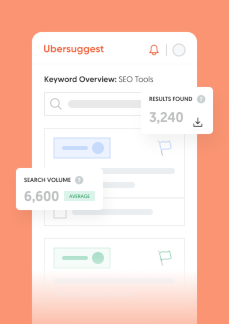
Unlock Thousands of Keywords with Ubersuggest
Ready to Outrank Your Competitors?
- Find long-tail keywords with High ROI
- Find 1000s of keywords instantly
- Turn searches into visits and conversions
Free keyword research tool
Source link
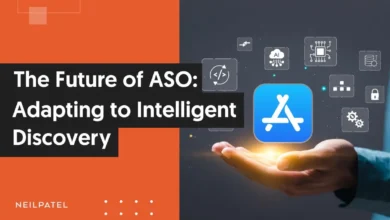



![GEO, AEO, LLMO: Separating Fact from Fiction & How to Win AI Search [MozCon 2025 Speaker Series]](https://freojob.com/wp-content/uploads/2025/09/MozCon-25-Speaker-Profile-Cards-13-390x220.png)